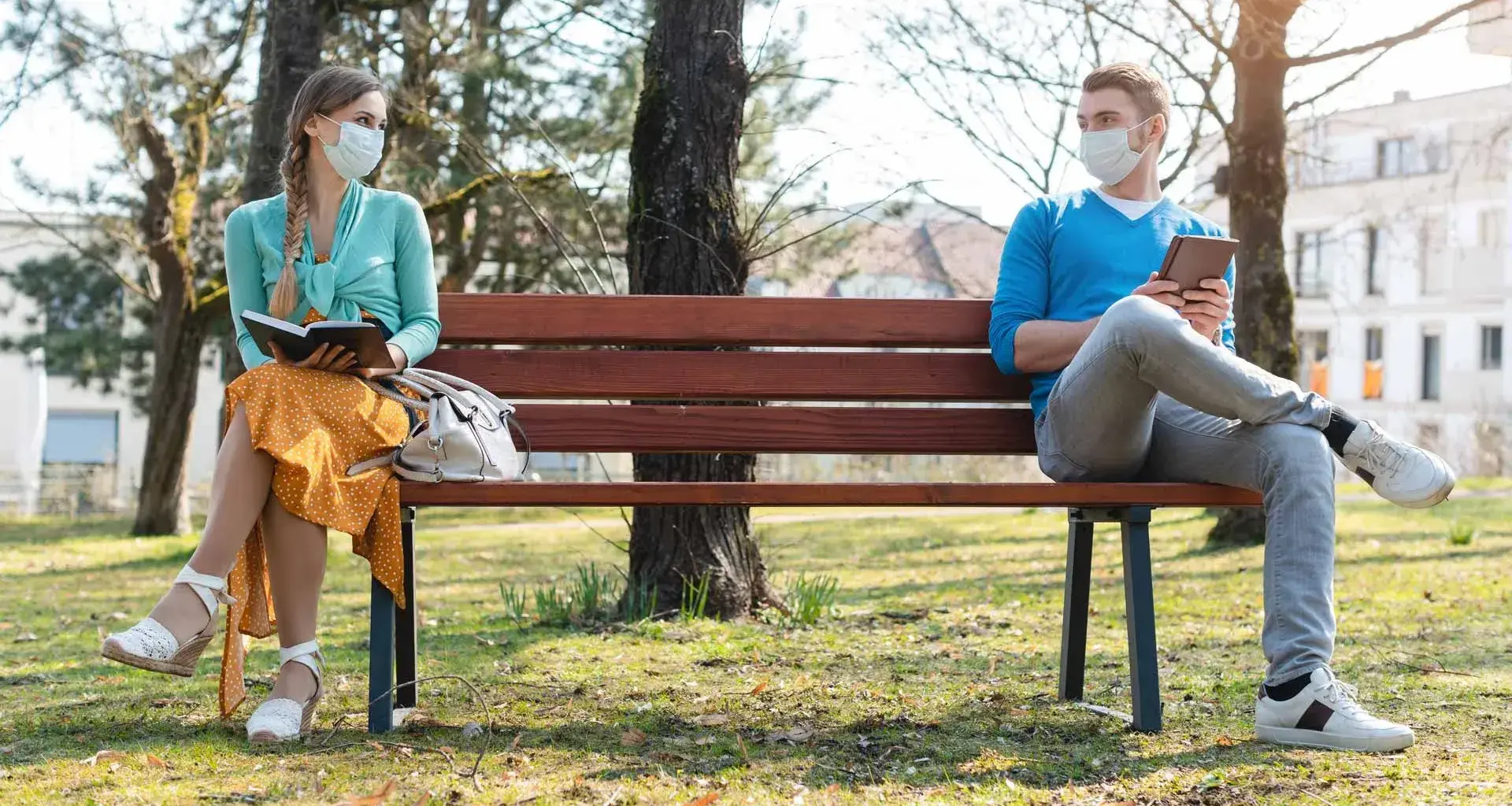The reopening of activities after the COVID-19 quarantine will come with new social measures that will be the “new normal”, experts from TecSalud agreed.
“Coronavirus is here to stay. Until there is a vaccine that is efficient and well tested, this will not end,” said Fernando Castilleja, Director of Wellbeing and Prevention at TecSalud.
“We have to learn to live with this new reality that is COVID-19”, he added during the webinar entitled, “Why should we continue to maintain measures and recommendations for COVID-19?” by TecSalud via Facebook Live.
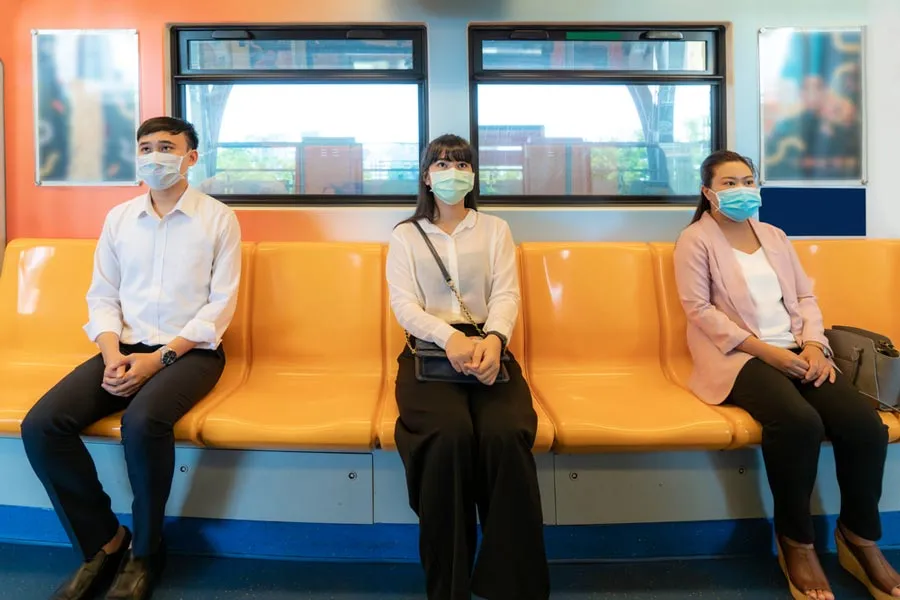
These measures will be part of everyday life until a vaccine against this disease is found, an effective treatment is discovered, or a high percentage of people become immune, they explained.
Life as we knew it will not return until we have a highly efficient treatment or a vaccine that provides protection to 90% of the population”, said Dr. Michel Martínez, leader of the TecSalud Epidemiological Surveillance Unit.
“We must adapt to this new reality. We can’t open everything all at once. We must maintain social distancing measures. Non-essential businesses will have to endure,” he said.
Dr. Martínez ruled out the so-called “herd immunity” as a short-term measure since it is something that naturally takes about 2 years.
WHAT WILL THIS NEW REALITY BE LIKE?
Specialists gave their opinion about the nature of this new reality that society will experience:
- Waiting for new outbreaks
Dr. Martínez explained that the World Health Organization has just confirmed that COVID-19 is now an endemic disease, which will be present every day of the year.
“It’s something we will constantly have, with new spikes or surges” until there is effective protection against the virus, he said.
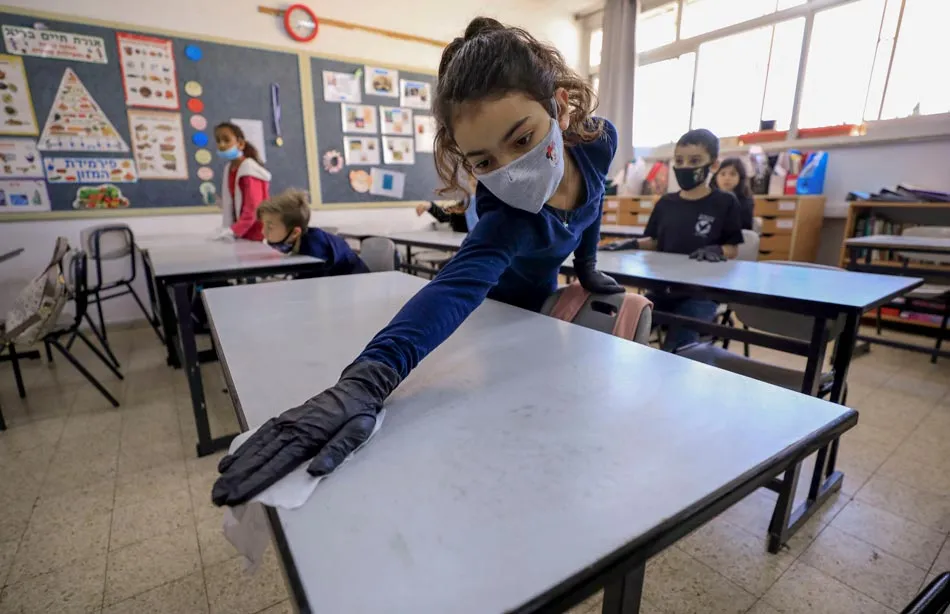
- Mandatory face masks
The specialists mentioned that the use of face masks will be something that is expected practically everywhere, such as schools and workplaces.
“There are going to be policies that will be implemented universally,” said Dr. Martinez.
- Online classes will continue
Dr. Martínez mentioned that schools such as high schools and universities should continue online since he considers August or September too soon for classes to return.
In the case of face-to-face classes, we can look to other parts of the world to see what they have done.
“Maybe we will see a format like in Taiwan, whereby each desk has an acrylic division, every hour students are given antibacterial gel, and everyone has to wear a face mask.”
“Classes are definitely not going to be like the ones we had before.”
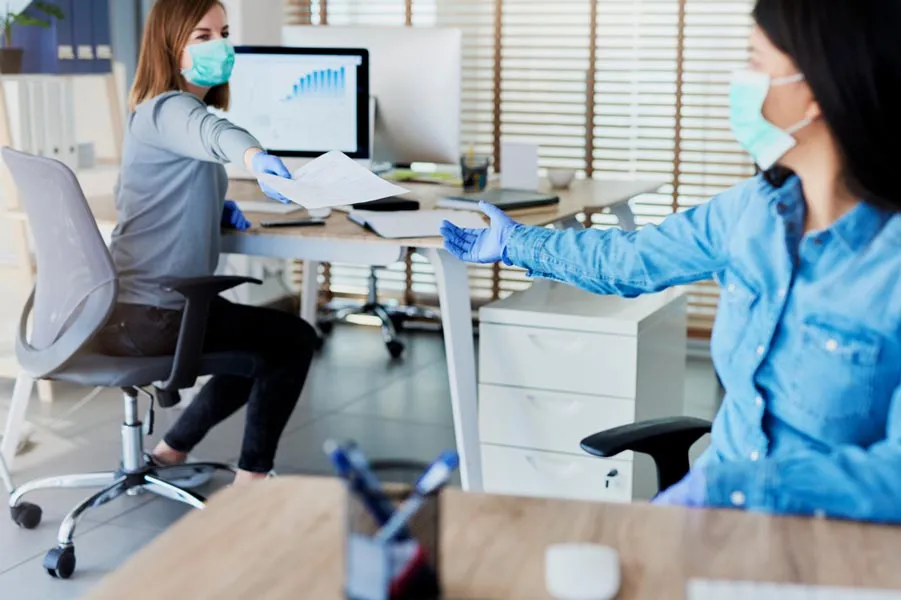
- Working from Home / Adapted Offices
Other general measures for work include opting for working from home, whenever possible.
In the case of offices, they must ensure that there is social distancing between employees and that hygiene supplies such as gels and face masks are provided. Barriers made of transparent materials or adjustments to employee schedules could also be considered.
- Entry Checkpoints
Checkpoints with thermometers to detect people with a fever will be more common to restrict their passage.
“When people have been detected, they will be prevented from entering the site and will be recommended to go to a doctor,” said Dr. Martinez.
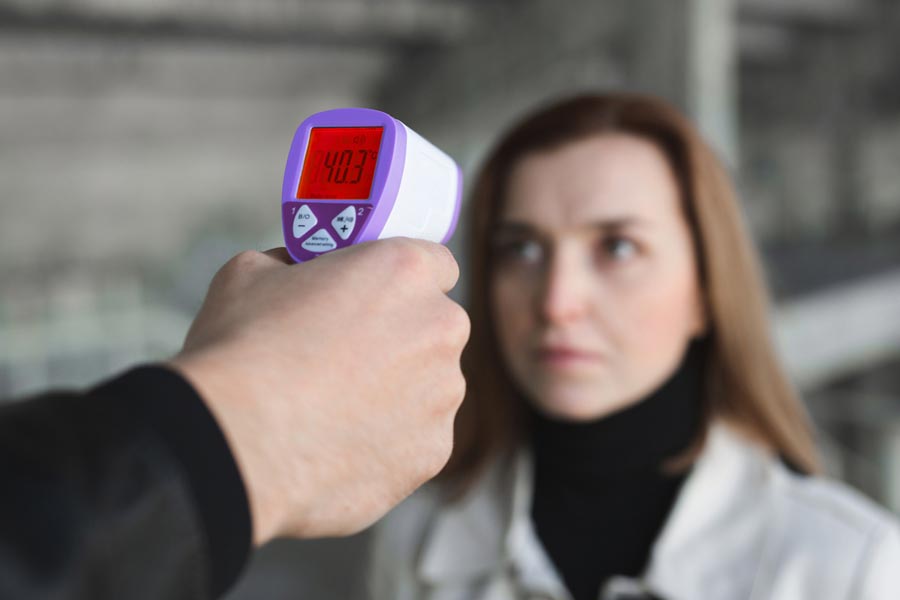
- Large Events
Dr Martínez said that one crucial point to reduce the spread of the disease is to avoid crowds of people in small spaces.
“Are there going to be music festivals and massive concerts like there used to be? I think not, (at least) not in the next year,” Dr. Martínez said.
- Cinemas
Regarding the announcement that the cinemas are going to reopen in Mexico, the specialist said that special measures should be taken, such as leaving enough space between people.
“The correct thing would be to have spaces between people or a couple in the same row with an empty row behind. That’s how much it will change.”

- Masses or Religious Gatherings
Regarding gatherings of a religious nature, Dr. Martínez said that you should avoid attending in person as far as possible.
“We are going to get used to the idea of them being online,” he said.
In Spain, the authorities will allow attendance at places of worship as long as a third of the capacity is not exceeded, and distance is maintained between people.
- Extension of office hours
In the case of appointment-based services such as doctor’s offices, Dr. Martínez anticipates that they will have to extend their hours.
“If they saw people before from 2 p.m. to 5 p.m., now they will have to do it from 11 a.m. to 7 p.m., to avoid crowding people into the same space.”
- Restaurants
While restaurants did not close or only provided a take-out or delivery service, they will now need to adopt new measures.
“Only terraces can be opened if they have them. If it is a closed place, a lot of distance must be kept between the tables and only two or three diners should be allowed per table,” said Dr. Martínez.
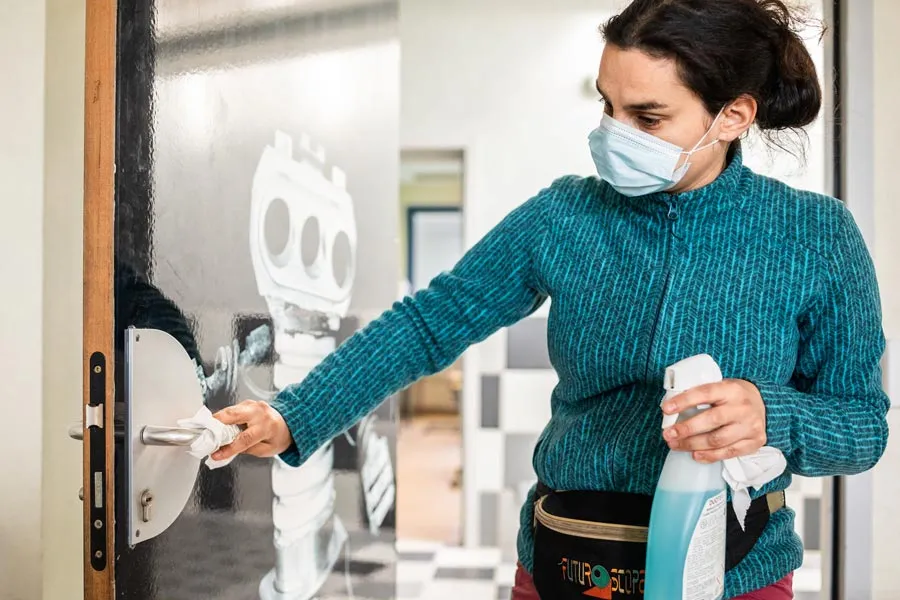
- General Establishments
For these places, such as supermarkets or banks, specialists recommend that masks always be worn, antibacterial hand gel always be used and that entry be limited to 30% of capacity so that social distancing can be respected.
EMPATHY FOR THE ECONOMY
To business owners or industries such as tourism, Dr. Martínez urged them not to expose customers or employees.
“For those opening early, if they have an outbreak, they will have to close. It’s going to be worse in the long run than doing it gradually and following the recommendations.”
Dr. Castilleja said that they were aware of the economic situation and that people have to work.
“It isn’t easy. We have to return to work, but in a reasoned way, with information from countries that have already been through this situation.
“The disease is present, and it is increasing. If the conditions allow reopening, it has to be done carefully,” he concluded.
Also present at the session was Jacobo Guajardo, a 27-year-old patient who has recovered from COVID-19 and who shared his experience.
Photos: AFP and Shutterstock
YOU’LL SURELY WANT TO READ THIS TOO:

